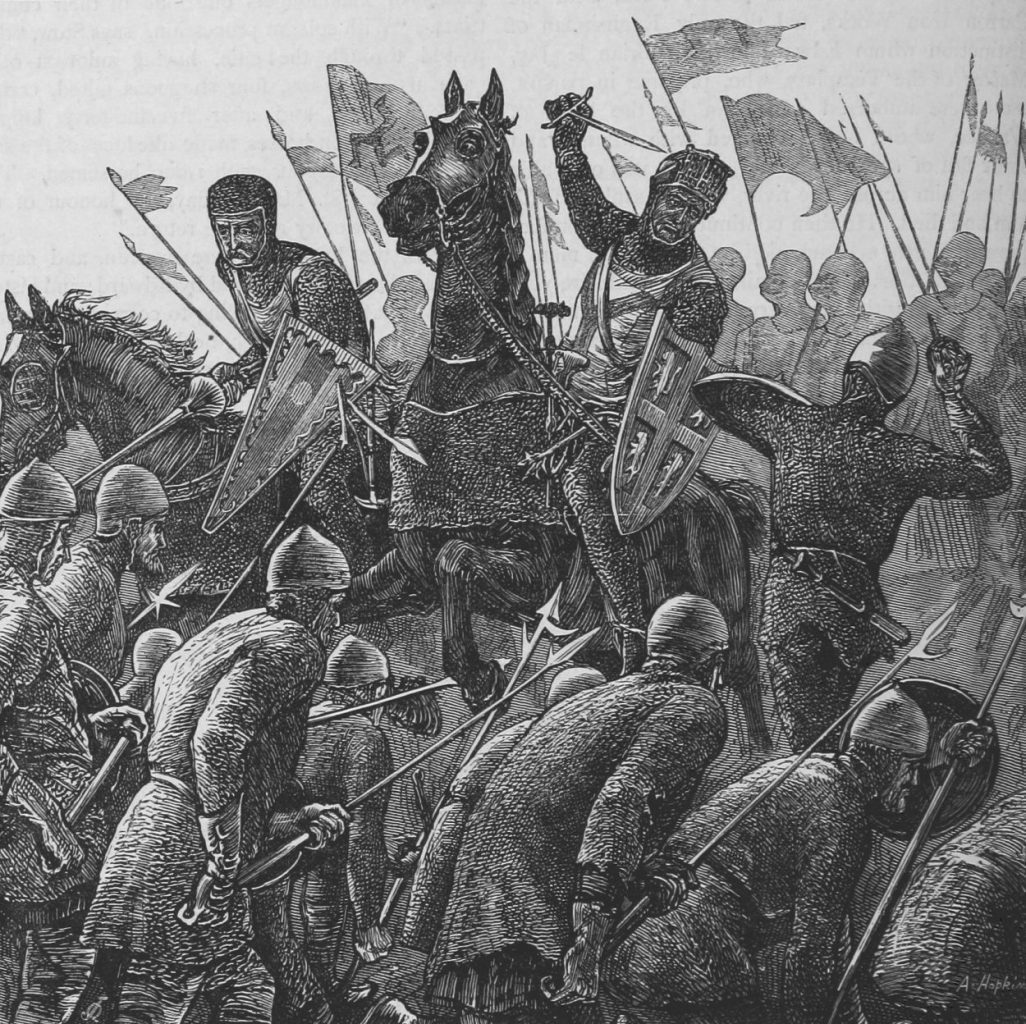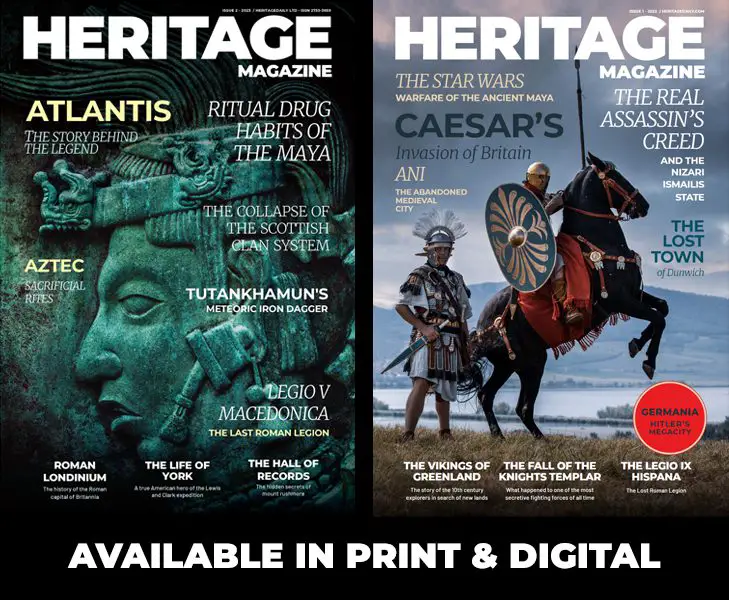William Wallace was a Scottish knight and military leader during the First War of Scottish Independence, portrayed in the 1995 American film, Braveheart.
The movie was inspired by a 15th century biographical poem called the “Actes and Deidis of the Illustre and Vallyeant Campioun Schir William Wallace” by Blind Harry, a minstrel who composed his works 172 years after Wallace’s death.
The poem is a long narrative work composed in decasyllabic rhyming couplets that forms a biography of Wallace’s life from his boyhood until his execution.
Based on assumptions by Blind Harry, it is suggested that William Wallace was born in 1270 in Elderslie and was the second son of Sir Malcolm Wallace, a minor landowner and vassal of James, 5th steward of Scotland.
However, William’s own seal on a letter sent to the Hanse city of Lübeck in 1297 gives his father’s name as Alan Wallace, possibly an Alan Wallace in the Ragman Rolls as a crown tenant in Ayrshire.
The Wallace surname means “foreigner” in Old Low Franconian, or in Anglo-Norman French means “Welshman”, suggesting that the Wallace family line could have originated in Wales, possibly in the former Kingdom of Strathclyde.
After the death of King Alexander III in 1286, King Edward I of England was invited by the Scottish nobility to arbitrate who had claim to the Scottish crown. At a great feudal court held in the castle at Berwick-upon-Tweed, judgment was given in favour of John Balliol having the strongest claim in law based on being senior in genealogical primogeniture, even though not in proximity of blood.
Edward treated Scotland as a feudal vassal state, demanding homage and military support from the new king. Scotland went to conclude a treaty of mutual assistance with France, for which Edward responded by invading Berwick-upon-Tweed, commencing the First War of Scottish Independence.
Wallace was part of a company that attacked Lanark in South Lanarkshire near the start of the war, killing William de Heselrig, the English High Sheriff. Wallace then marched on Scone, driving out the English justiciar, and attacked the English garrisons between the Rivers Forth and Tay.
In 1297, an army led by Wallace and Andrew Moray were victorious in battle against English forces near Stirling on the River Forth, an engagement known as the Battle of Stirling Bridge. After the battle, Moray and Wallace assumed the title of Guardians of the Kingdom of Scotland, with Wallace later knighted in a ceremony at the ‘Kirk o’ the Forest’.

Edward sent a second invasion of Scotland in 1297, engaging the now Sir Wallace at the Battle of Falkirk. The Scottish forces were crushed by the English army, resulting in Sir Wallace resigning as Guardian of Scotland in favour of Robert the Bruce, Earl of Carrick and future king, and John Comyn, King John Balliol’s nephew.
Some sources suggest that Sir Wallace left for France to secure French assistance, but in 1305 he was turned over to the English by John de Menteith, a Scottish knight loyal to Edward.
Sir Wallace was taken to London where he was tried for treason and for atrocities against civilians in war, “sparing neither age nor sex, monk nor nun.” During the trial he was crowned with a garland of oak to suggest he was the king of outlaws. He responded to the treason charge, “I could not be a traitor to Edward, for I was never his subject.”
It was Edwards intention to make an example of Sir Wallace, and on the 23rd of August in 1305, Sir Wallace was taken to the Tower of London for his sentence. There, he was stripped naked and dragged through the city at the heels of a horse to Elms at Smithfield.
In front of onlookers, he was hanged (almost to the point of death), emasculated, disembowelled, beheaded, and quartered (chopped into four pieces). His head was preserved in tar and placed on a pike atop of London Bridge, whilst his limbs were sent to Newcastle, Berwick, Stirling and Perth.
In 1956, a plaque was unveiled at the site of his execution, stating in Latin: “Dico tibi verum libertas optima rerum nunquam servili sub nexu vivito fili” (I tell you the truth. Freedom is what is best. Sons, never live life like slaves.), and in Gaelic “Bas Agus Buaidh” (Death and Victory), an old Scottish battle cry.
In 1306 Bruce raised the rebellion that eventually won independence for Scotland.





